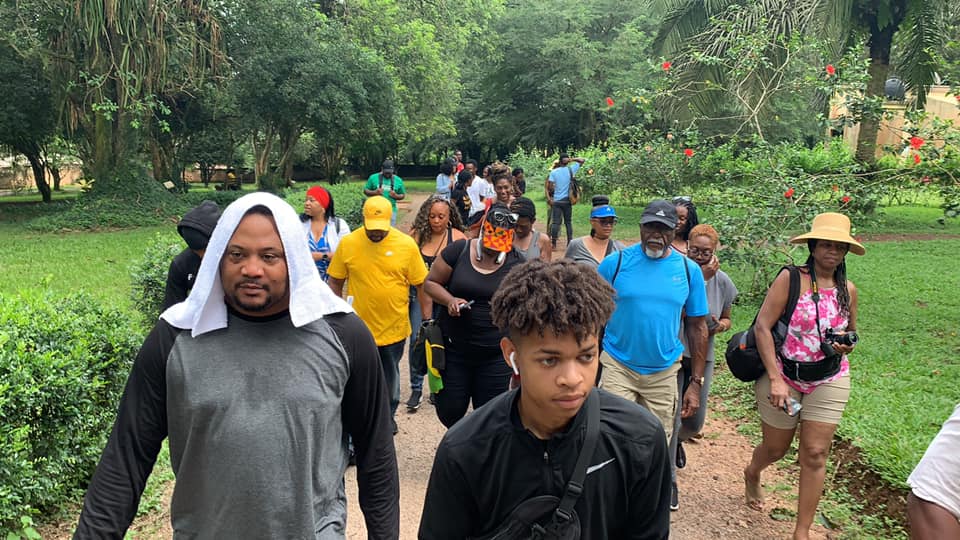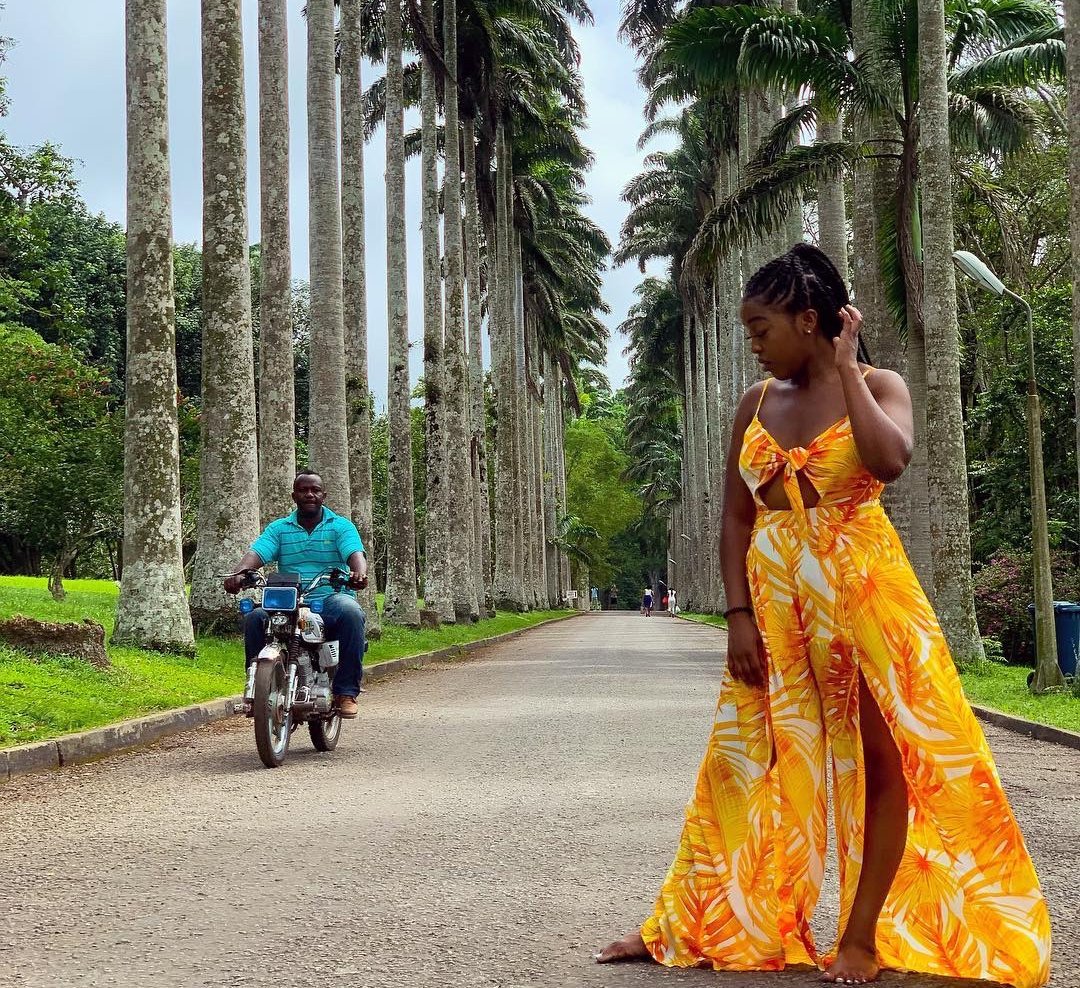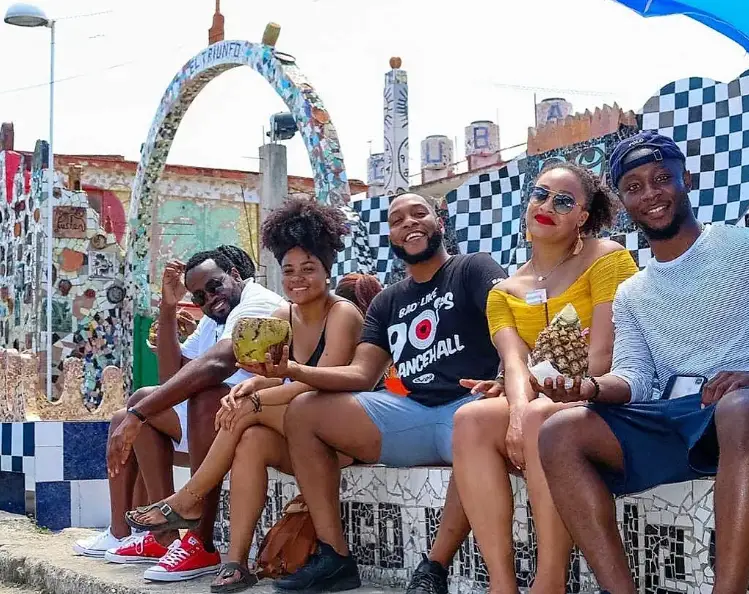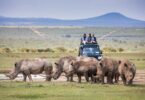History remains of the origin of US citizens of African descent and now Black Americans travel to Africa for free is a reality. This is thanks to a nonprofit organization based in New York City, Birthright Africa giving young Blacks a chance to reconnect with their origin. The organization prides itself in entrenching the untold stories of black history that tell it all about Americans of African descent. Diallo Shabazz, co-founder of the organization, told CNN in a past interview that Birthright Africa’s mission is helping Black Americans shape their destinies.
How do Black Americans Travel to Africa for Free?
The New York City-based nonprofit organization facilitates Black Americans travel to Africa for free. The heritage-based leadership program at Birthright AFRICA traces it its inception to 2015 by co-founders Walla Elsheikh and Diallo Shabazz. The founders encourage scholars to take pride, self-assurance, and creativity from their cultural traditions and history of invention in the U.S. and Africa.

Black travellers in Africa. Photo/Jae Cameron/FB
Every American adolescent and young adult of African origin ages 13 to 30 has access to a free educational trip to Africa thanks to Birthright AFRICA’s commitment. Over 61 students of African origin have received the opportunity to exercise their birthright to investigate the tenacity and genius of their lineage locally, nationally, and throughout the African continent. Birthright Africa partners with different Education Partners, such as high schools, colleges, and community-based organizations to execute this programme.
What Benefit Do Black Americans Travelling Get?
The opportunity that Birthright Africa gives to young Black Americans to travel to Africa for free is unparalleled. There is a significant underrepresentation of diversity in study abroad programs within the United States. Elsheikh highlights this issue, pointing out that a mere 6% of students engaged in study abroad programs are of black or African descent.
Moreover, a mere 2% of individuals in managerial, leadership, and entrepreneurial positions in the United States hail from African descent backgrounds. This disparity underscores the importance of initiatives like Birthright AFRICA, addressing these gaps in exposure and opportunity. Nevertheless, participants get an opportunity to explore museums, cultural landmarks, and universities.
Elsheikh implores that young adults get an opportunity to gain insights into the enduring strength and exceptional accomplishments of their heritage, aspects often overlooked in mainstream educational curricula. This organization is shaping the next generation of global leaders and entrepreneurs who are proud of their African heritage. Through the Black American travel to Africa for free initiative, young people in the US of African descent are becoming more confident in their innovative aspirations. They are also connected to the African continent to address this gap in diversity and talent.
What Are The Requirements For Black Americans to Travel to Africa for Free?
You must be between 13 and 30 years old and an American citizen to be eligible for the Birthright Africa programme. Additionally, you must be of African descent, including African Americans, and people from the Caribbean, Europe, Asia, and Latin America. The organization’s target population is everyone of African ancestry to get a chance to visit Africa.

Visit Ghana. Photo/Dream Africa
These are the people whose ancestors suffered harm as a result of historical enslavement and colonization. Visiting Africa paints a vivid picture of their roots and heritage. Shaina Louis, 23, is one of the beneficiaries of this programme and she visited Ghana in 2018. She schooled at the University of New York and it helped her debunk a lot of myths about African history.
She told CNN: “Prior to Birthright Africa, I had a lot of pent-up resentment and antagonism due to a history that I felt my people had no say in. For those of us in the diaspora, our history, according to the textbooks, starts with slavery. I was doubtful and kind of cynical about what the future holds not only for me as an individual but also for black people as a whole.”
“We may not speak the same language, but the foods we eat, the way we carry ourselves, the way we relate to one another, and our deeply ingrained spirituality reflect a bond that is still there. There is a sense of inner peace and ease I now have, that wasn’t there before. I can move forward with my life, with intention behind everything I do.”








